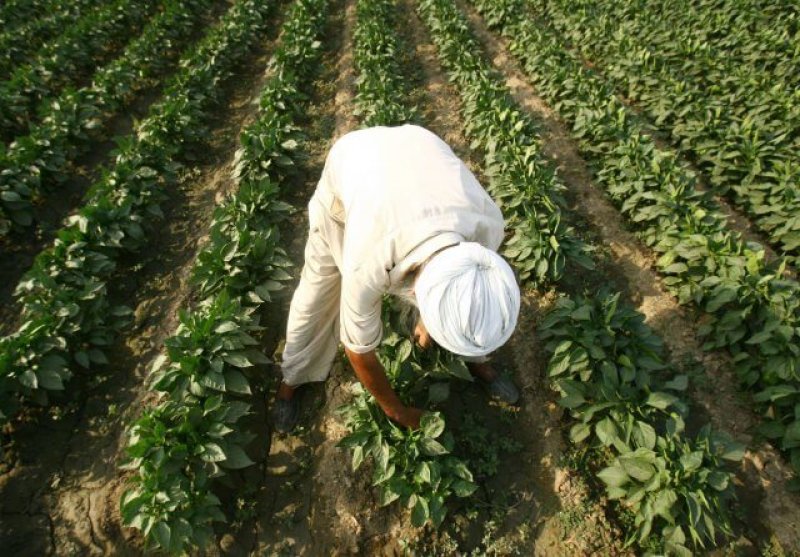The potential of genetic engineering is immense, with gene editing opening up the possibility of cures to hereditary diseases. Similarly, genetically modified (GM) crops are making big strides in bringing about improvement in crop productivity across farming nations.
…
Following approval for GM cotton, several organisations invested resources and efforts in new crop biotech traits, hoping for similar transformational changes in Indian agriculture. Bt brinjal was one such technology recommended for commercialisation in October 2009, after it completed regulatory evaluation in seven years, and is still under moratorium.
This impasse is due to irrational opposition to GM crops based on ideology rather than science. India imports over 15 million tonnes of edible oil annually, of which over 25 per cent comprises soy oil and canola oil (a variant of mustard oil), which are from GM soybean and GM canola grown all over America. Over 95 per cent of cotton grown in India being Bt cotton, we consume about 1.4 million tonnes of cotton seed oil produced from GM cotton. However, there is opposition to making available the same technology to mustard growers. On the matter of safety and efficacy of biotech crops, over 100 Nobel laureates collectively issued a statement in 2016, vouching for it.
It is high time Indian agriculture transforms into precision agriculture by using modern tools of biotechnology.































